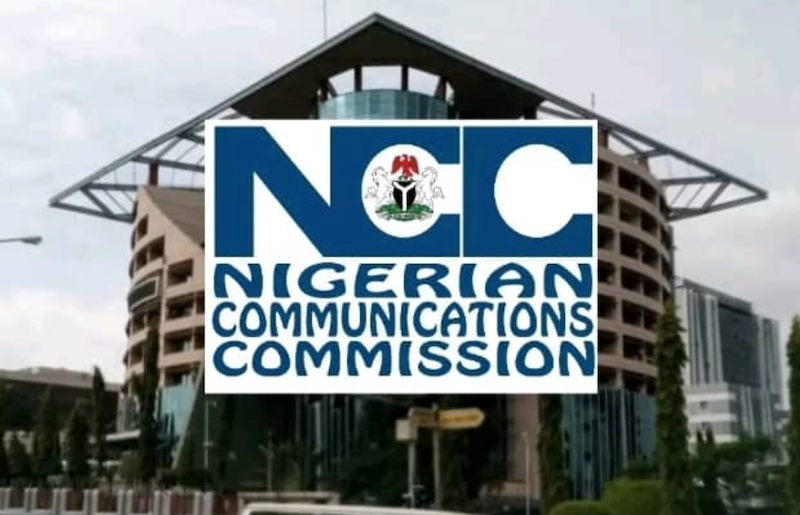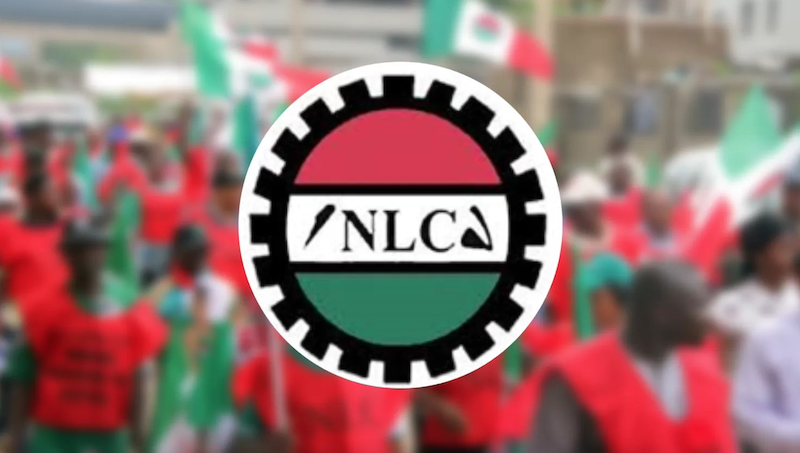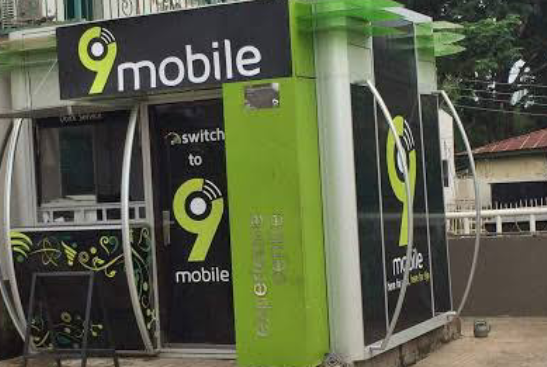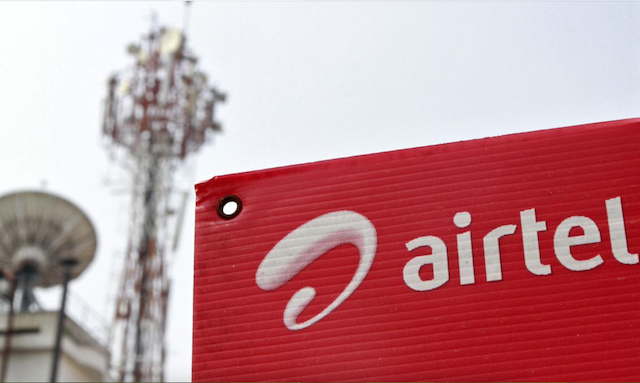As the global community gathers at the Mobile World Congress (MWC25) in Barcelona, from March 3 – 6, 2025, with the theme: Converge. Connect. Create, it will be interesting to find out how well the mobile industry is doing at home, I mean in Nigeria, and whether we are close to having any serious relationship with those three generic words with broad meanings and implications.
Activities in Barcelona will feature huge exhibitions and 48 keynote speakers at the Fira Grand Via, venue of the Congress, including some other major activities like the Ministerial Programme, Partner Event and Professional Training Sessions. It is always a big opportunity for big deals, business breakthroughs and tech catch-up.
I am unable to confirm the attendance of the Ministry of Communications and Digital Economy, and the Nigerian Communications Commission (NCC) but it will be a big opportunity to be missed if Nigerian officials were not there for whatever reason. As I railed last year when I found out we did not have the National Broadcasting Commission (NBC) at the National Association of Broadcasters Conference in Las Vegas, I want to reiterate here that industry shows that serve as barometers for measuring tech advancement should be a priority to regulators no matter the state of the economy.
Anyway, there will be time to look at the activities at the Mobile World Congress but I think the focus at the moment should be to take a look at some of the developments in the nation’s mobile industry. Quite a lot of developments, some not too interesting but overall the progress being made is worth noticing.
For most of last week, the trending story was the collapse of the 9MOBILE network which threw a number of subscribers into confusion without explanations from any quarters. Some could swear on the graves of their forebears that the network was down and out and actually just vented frustrations on why a thing like that should happen without a word from the operator or regulator. But was there a network outage?
Nothing seems to be beyond 9MOBILE as the glory days of the operator seem to be impaired. Even an NCC source told this writer that 9MOBILE was going through a very difficult situation. The figures are not even giving the organisation a good hiding. From about 23m lines in 2016, the subscriber base has plunged to as low as 3.3m which the NCC has recorded on the telecoms dashboard. This is only about 2.15 percent share of the market. But was there a network outage?
A 9MOBILE source told this writer that there was indeed an outage last week that has since been fixed, the proof being that the source was calling on a 9MOBILE number. There was the acknowledgment however, that the operator was going through a rough patch which was noticed by the critical stakeholders – regulator, operators and subscribers. Ownership has changed hands severally and there were some needless controversies in the past. There was the promise that 9MOBILE was clawing its way back and that it would soon be standing to offer good services and take a respectable place in the industry.
An NCC source was not overtly optimistic but acknowledged that the new owners of the service provider seems to be making some investments but since there was no major fund injected over a long period of time, leaving the network really degraded, subscribers may have to accommodate the kind of glitch they witnessed last week. The source made the observation that there are some activities at 9MOBILE as the owners, LH Telecommunications Ltd, are demonstrating a seriousness to breathe life into the challenged operator. But the turnaround, the source warned, will not happen in a flash.
There was another source of good news however, which may bring a new lease of life to the various mobile networks which don’t seem to be doing well in terms of quality service provisioning. Without exception and in most locations, calls cannot be sustained without a drop, and internet speed can be very frustrating. The regulator is aware of the frustrations as it says that it will have to rely on quality of experience by subscribers as a measurement tool, plus other metrics to determine how well operators are doing.
However, the NCC source was optimistic that network challenges may soon be over as it noted that some operators are investing heavily in network expansion, and also to improve the quality of services being provided. In the past, operators had complained that Forex volatility and other economic pressures have made it impossible for them to do needed investment on their operations. They agitated for a tariff increase which they got recently. Things may not have turned the corner yet but their efforts to improve and expand their services have been noticed by the regulator. It is good news for the industry. It is even better news for the subscribers who may soon begin to get the real worth for money spent on telecommunications services.
An industry source was not so charitable or lavish with praises and expectations. The source is of the opinion that time has come for the regulator to engage in creative regulation in order to activate the kind of industry that will meet the needs and expectations of the subscribers. The source urged the regulator to take a dispassionate and professional look at the operations of both 9MOBILE and NTEL, operated by NATCOM Development and Investment Limited (NatCom), and take a decision that will enable their bouquet of licenses to be put to better use, according to the source, in order to deepen the competition in the telecommunications industry.
But there is competition already in the industry, I reminded my source. No, not the kind of competition that was introduced in 2001, or even thereafter. Some have since fallen on the wayside, while, of the three operators that are still in competition, one is in clear lead, creating a distance that is too discomforting to be acceptable. The regulator needs to be very creative in dealing with the situation.
When we were in primary school, we told a lot of stories as small children where the tortoise would usually enjoy an unhealthy advantage with its crafty ingenuity. At that time, we were told of the wisdom in not putting all your eggs in one basket. I do not want to engage in the laborious enterprise of linking the nation’s telecom industry to the egg story. But from all indications, the regulator can do better. And that is why events like the Mobile World Congress are important as they provide channels for regulators to learn from each other in peer review relationships. It is only then the regulator can cause the industry to really Converge. Connect. Create.
Ogayoloo, a hit single
I am told Ogayoloo, in lgala language, is a shout of Hallelujah or even plain and pure exclamation of, and excitement in appreciation of some benevolence received. But at a Healing and Deliverance Crusade in Idah, Kogi State, a few weeks ago, Dr Pastor Pastor Paul Enenche, Senior Pastor of Dunamis International Gospel Centre, got such a spontaneous creative burst and Divine inspiration that Ogayoloo, became an energetically danceable music which literally dropped. See the beauty of good music – keep the lyrics simple, preferably in local language with a resonating refrain. Then you have a monster hit in your hands. I do not understand Igala but as I watched the Crusade that night, I could see the vibrating connection between the local folks and the Almighty God through the Crusade platform provided by Dunamis, and the tears came to my eyes. Ogayoloo is a hit single that plays with freshness all the time and provokes righteous gyration. I recommend it without reservations.






